When you come to Dubai for work, one of the things you’ll consider is the accommodation. Companies in Dubai provide accommodation aside from the salary package they offer, but usually, others come inclusive of the package and then it’s your job to find a house for rent in Dubai.
As a rule of thumb, the general recommendation is to spend about 30% of your net monthly income (expert's say) on home rent. Nonetheless, before finalising your tenancy contract, you should spot if there might be additional rental fees before you’ll end up paying extra unknowingly.
To help minimise this unforeseen scenario, we’re going to unlock some of the hidden costs you might encounter when renting a home in Dubai.
Maintenance Fee
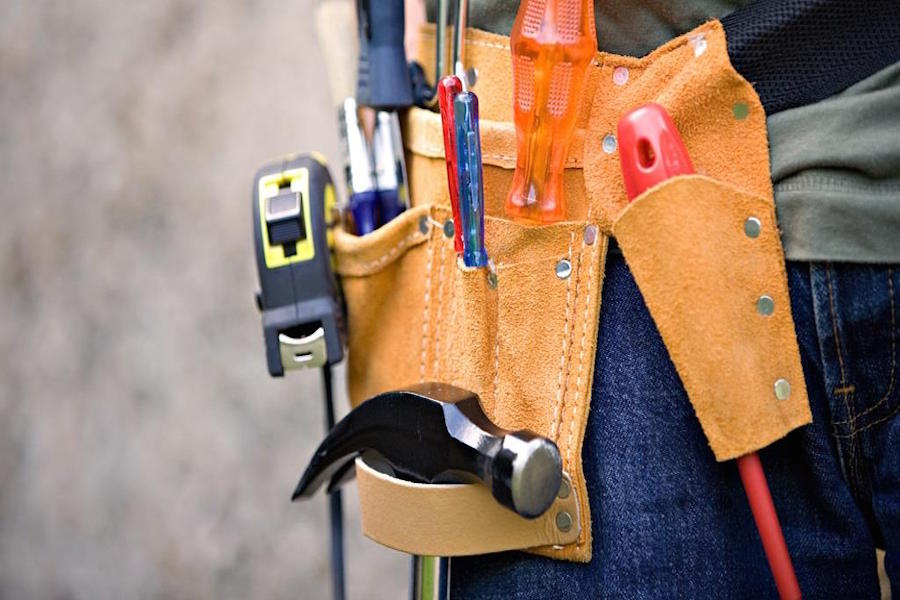
Maintenance fees are imposed by developers such as Emaar, Nakheel, and Dubai Properties on a yearly basis. You should be aware that landlords are responsible for the payment of these fees. However, sometimes it is passed on to their tenants in hidden rental clauses in the first year of the contract. Maintenance fees are used mostly for major and minor repairs to common areas related to the rented properties.
Service or Utility Fee

Landlords in Dubai have all the right to increase the service fees on the home you’re renting. However, if you think that you’re a landlord is raising your service or utility fees extremely high, then it is the time to have your legal assistance ready for any disputes on your home’s service fees. Rental services include parking space and utilities as well as community surveillance and security.
Municipality Tax or Housing Fee
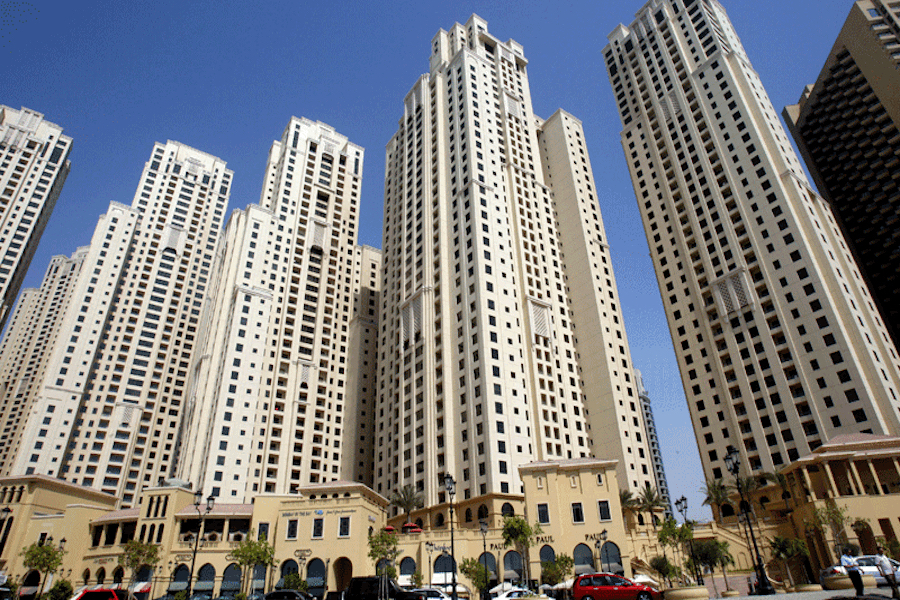
Dubai municipality fee is 5% of the yearly rent. It is paid in 12 parts with every rental payment and added to your Dubai Electricity and Water Authority (DEWA) bills.
Agency Fee

Agency fee can cause you 2 to 5% of the first annual rent. This will happen if you’re renting a property via a real estate agency or a brokerage firm. That’s a standard. However, fees may be subjective to change as per agent’s discretion. Furthermore, in case of tenancy contract renewal, the agent has no right to claim additional fee as this procedure do not require the part of an agent.
Ejari Fees
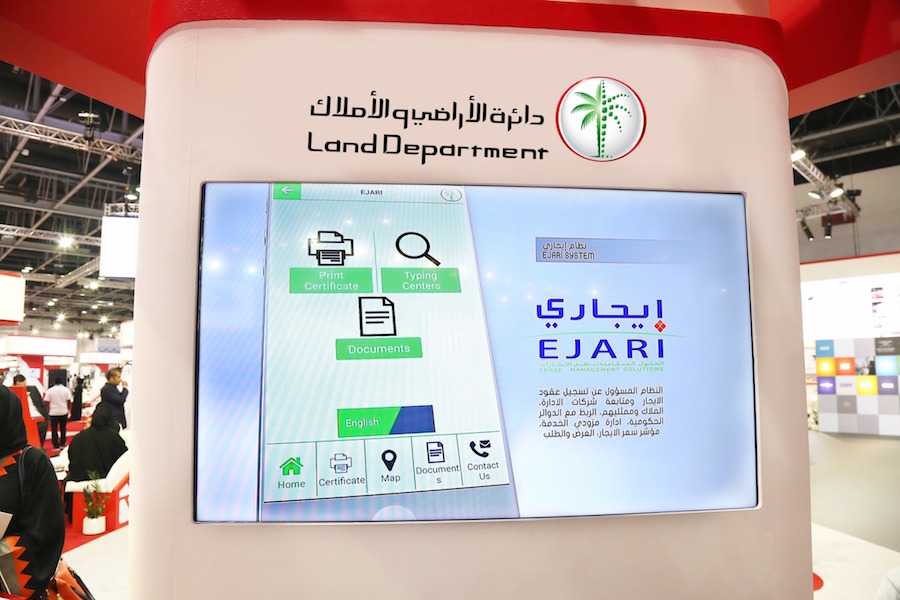
Ejari (Read more about it) is an online registration system by Dubai Land Department. It is used to legally authenticate rental contracts and agreements between tenants and landlords. The registration is under the responsibility of the landlord, but the tenant can now also register the contract themselves.
Moreover, tenancy contracts that are not registered on Ejari are considered invalid, the tenant cannot use the document if in case they're going to report any rent-related abuse.
Fees:
- Ejari fees (government tax): AED 160 Typing services: AED 35
- Express Online registration: AED 280 (fully refundable if registered in more than 6 hours)
DEWA Deposit
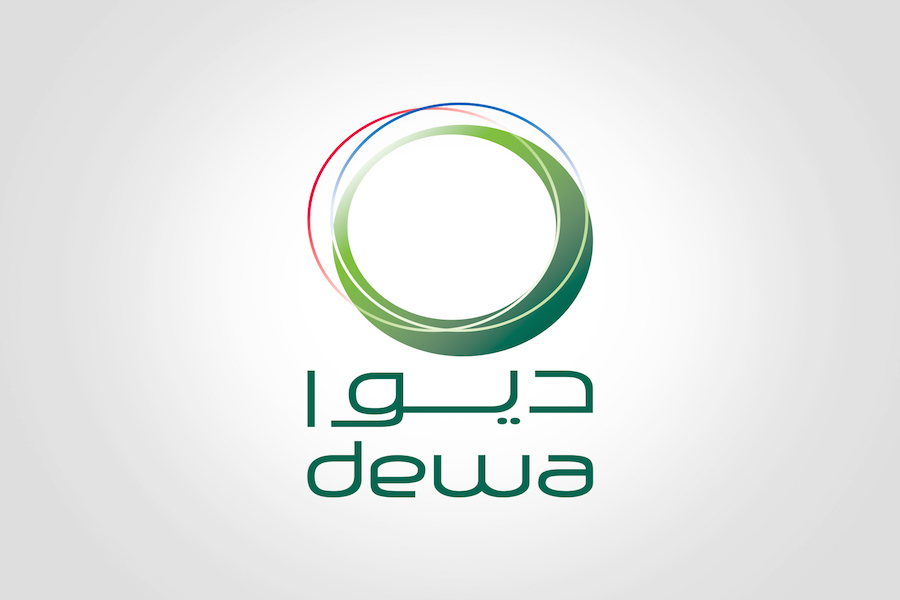
The Dubai Electricity and Water Authority require a refundable deposit when renting a property. However, you need to check first if the unit is registered in the current landlord’s name before getting the utilities connected.
The deposit amounts are as follow:
For Apartment
- AED 1000 - Refundable deposit
- AED 110 - Non-refundable connection fee
For Villa
- AED 2000 - Refundable deposit
- AED 110 - Non-refundable connection fee
For 5-bedroom Villa
- AED 2000 - Refundable deposit
- AED 210 - Non-refundable connection fee
Property Deposit
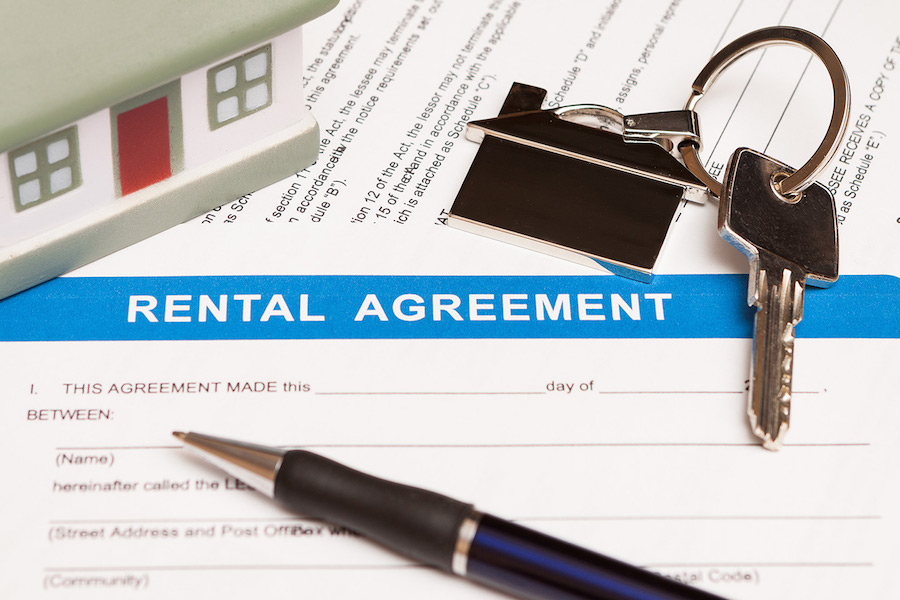
Normally the deposited amount is 5% of the annual rent for unfurnished properties and 10% for furnished ones, which will be issued in a post-dated cheque. In some cases, landlords may demand a deposit equivalent to a one month’s rent. Make sure that your tenancy contract includes the clause, stating the return date of deposited amount after leaving the rented property.
Furthermore, landlords may deduct a certain amount from the deposit in case there’s a need for repairs. Tenants must ensure that the property is returned to the landlord in the same condition that is was rented in order to get the full amount of the deposit.
District Cooling Fees
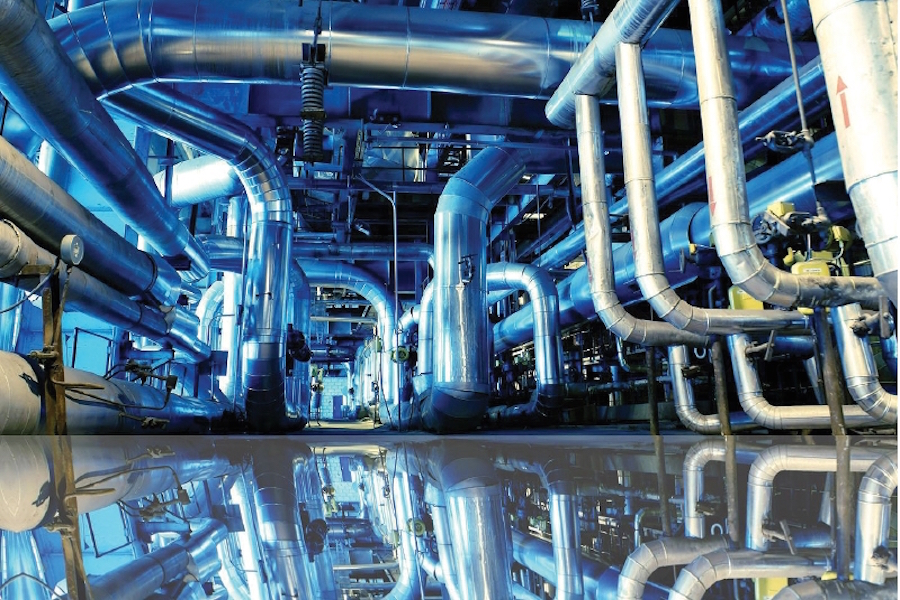
District cooling refers to a centralised production and distribution cooling energy using chilled water delivered via underground insulated pipes to cool the indoors of a building within a particular district. However, cooling deposits and connection fees vary depending on the provider and the size of the property. Make sure to understand each section of tenancy agreement before the final signing.
Before signing the tenancy agreement make sure you are aware of these fees and must clearly identify in a written agreement of who is paying for what.